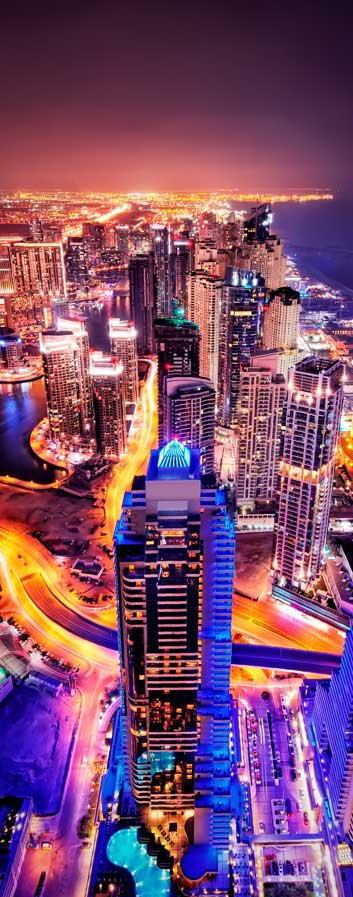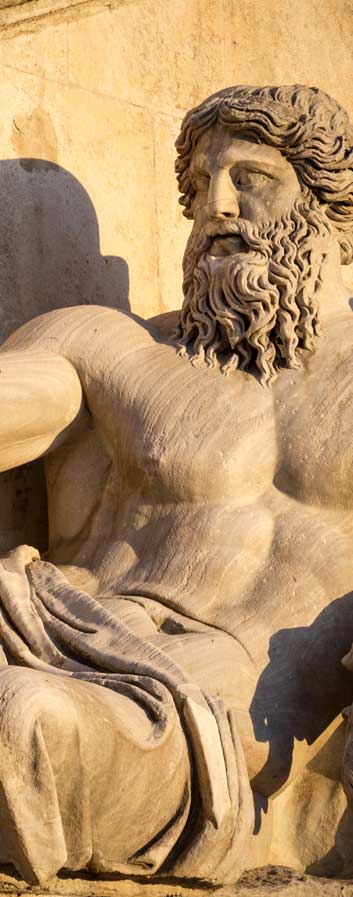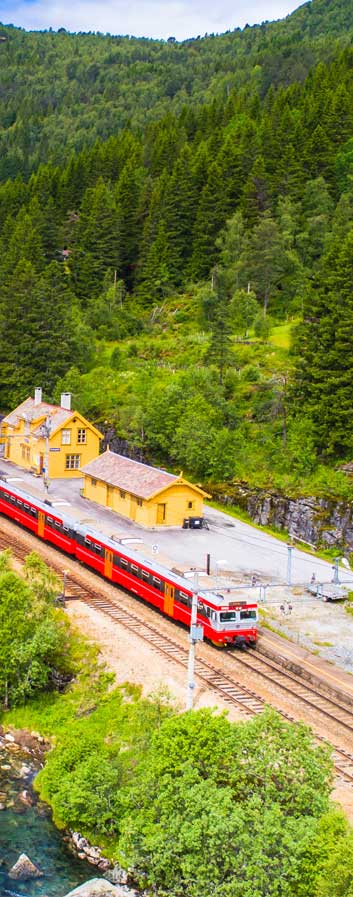Shinjuku Gyoen
Shinjuku Gyoen (新宿御苑) is one of Tokyo's largest and most popular parks. Located just a short walk from Shinjuku Station, the paid park's spacious lawns, meandering walking paths and tranquil scenery provide a relaxing escape from the busy urban center around it. In spring Shinjuku Gyoen becomes one of the best places in the city to see cherry blossoms.
Shinjuku Gyoen originated during the Edo Period (1603-1867) as a feudal lord's Tokyo residence. Later it was converted into a botanical garden before being transferred to the Imperial Family in 1903 who used used it for recreation and the entertainment of guests. The park was almost completely destroyed during World War II, but was eventually rebuilt and reopened in 1949 as a public park.
The oldest is a traditional Japanese landscape garden featuring large ponds dotted with islands and bridges. Well manicured shrubs and trees surround the water together with several pavilions and the Kyu Goryotei (also called the Taiwan Pavilion) which was built on the occasion of the wedding of the Showa Emperor. A chrysanthemum exhibit is held during the first two weeks of November in the Japanese garden with flower displays and large, temporary pavilions erected around the grounds.
The park's other main gardens include a symmetrically arranged formal French garden, and an English landscape garden featuring wide, open lawns surrounded by flowering cherry trees. The rest of the park consists of forested areas, lawns and several structures including a restaurant, an information center and an art gallery. There is also a beautiful greenhouse with many tropical and subtropical flowers.
The oldest is a traditional Japanese landscape garden featuring large ponds dotted with islands and bridges. Well manicured shrubs and trees surround the water together with several pavilions and the Kyu Goryotei (also called the Taiwan Pavilion) which was built on the occasion of the wedding of the Showa Emperor. A chrysanthemum exhibit is held during the first two weeks of November in the Japanese garden with flower displays and large, temporary pavilions erected around the grounds.
The park's other main gardens include a symmetrically arranged formal French garden, and an English landscape garden featuring wide, open lawns surrounded by flowering cherry trees. The rest of the park consists of forested areas, lawns and several structures including a restaurant, an information center and an art gallery. There is also a beautiful greenhouse with many tropical and subtropical flowers.


































